How to Pass a COM Object as a Variant in C++?
When working with COM (Component Object Model) programming in C++, you might encounter situations where you need to pass COM object instances to functions that accept parameters as variances. This process can seem daunting, especially when dealing with variants and IDispatch pointers. In this article, we'll explore how to correctly convert an IDispatch pointer to a VARIANT and troubleshoot common issues, such as access violations that may occur during invocation. Understanding COM and Variants COM objects enable inter-process communication in Windows environments, allowing different software components to interact. In many scenarios, especially when dealing with ActiveX objects and automation, you will be required to pass these COM objects as variants. A VARIANT in C++ is a union type that can hold several different kinds of data, including IDispatch pointers, which are essential for late binding in COM. The correct handling of the VARIANT type is crucial for successful interactions with ActiveX methods. Why Your Current Approach Might Fail In your attempt to pass the COM object instance to an ActiveX method, the access violation may stem from improper handling of the VARIANT structure. Let's break down your current implementation: VARIANT v; VariantInit(&v); v.pdispVal = pApp; v.ppdispVal = &pApp; v.vt = VT_DISPATCH; return v; Here’s what might be wrong: Improper Initialization: When you set v.pdispVal = pApp;, ensure that pApp is a valid IDispatch pointer. If it's nullptr, you'll get an access violation when trying to invoke methods. Setting ppdispVal: Using v.ppdispVal with &pApp might be unnecessary when you directly pass the IDispatch pointer with pdispVal. Improperly setting both can lead to confusion for the memory management in COM. Correct Implementation Steps To ensure a successful pass of a COM object instance as a VARIANT, follow these steps: Initialize COM Library: Confirm that your COM library has been initialized appropriately, as you did with CoInitializeEx. Create the instance: You correctly use CoCreateInstance to create pApp. Verify that pApp is not nullptr before proceeding. Pass the IDispatch Pointer: Instead of assigning ppdispVal, focus on correctly setting pdispVal only. Here’s a corrected version of the code for passing the COM object: VARIANT v; VariantInit(&v); v.vt = VT_DISPATCH; v.pdispVal = pApp; // Set pdispVal to the valid IDispatch pointer // Example of passing to an ActiveX method HRESULT hr = pSomeActiveXObject->SomeActiveXMethod(v); Example Code Here’s a full example demonstrating how to set up COM and pass an object as a VARIANT: #include #include // For _com_error and other COM helpers // Assuming MyActiveXObject is properly defined HRESULT hr = CoInitializeEx(nullptr, COINIT_APARTMENTTHREADED); if (FAILED(hr)) { return hr; } CLSID clsid; hr = CLSIDFromProgID(L"MyProgID", &clsid); if (FAILED(hr)) { CoUninitialize(); return hr; } IDispatch* pApp = nullptr; hResult = CoCreateInstance(clsid, nullptr, CLSCTX_INPROC_SERVER, IID_IDispatch, (void**)&pApp); if (FAILED(hr) || pApp == nullptr) { CoUninitialize(); return hr; } VARIANT v; VariantInit(&v); v.vt = VT_DISPATCH; v.pdispVal = pApp; // Call the ActiveX method and pass the VARIANT hr = pSomeActiveXObject->SomeMethod(v); VariantClear(&v); // Always clear the variant after use if (pApp) pApp->Release(); CoUninitialize(); Frequently Asked Questions (FAQ) Q: What should I do if I still encounter access violations? A: Ensure that references are managed properly (i.e., increment reference counts where needed) and that your COM object instances are not being prematurely released. Q: How do I check if pApp is valid? A: You can verify by comparing pApp to nullptr after the CoCreateInstance call and by checking the return value of the HRESULT for errors. By following the structure outlined here, any developer can overcome common pitfalls while passing COM object instances to ActiveX methods in C++. If you take care of initialization and memory management, you’ll reduce the likelihood of runtime errors significantly.
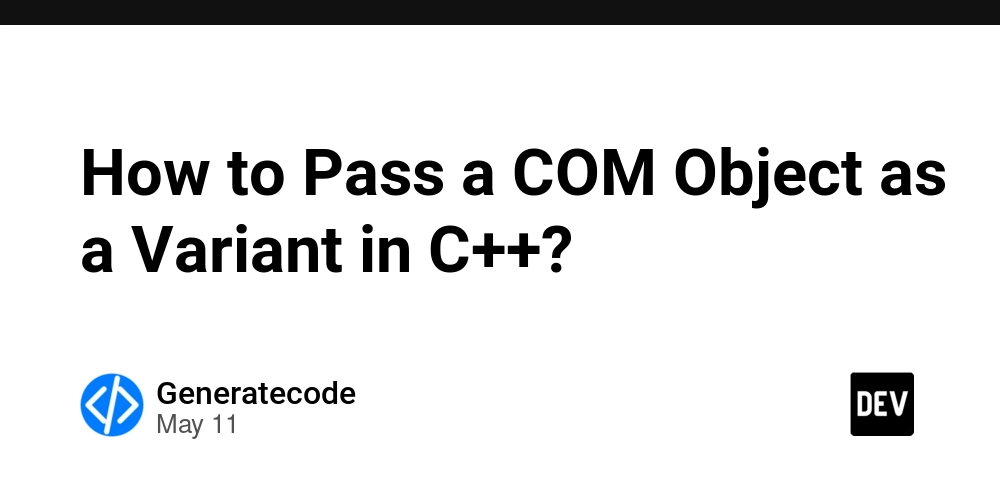
When working with COM (Component Object Model) programming in C++, you might encounter situations where you need to pass COM object instances to functions that accept parameters as variances. This process can seem daunting, especially when dealing with variants and IDispatch pointers. In this article, we'll explore how to correctly convert an IDispatch pointer to a VARIANT and troubleshoot common issues, such as access violations that may occur during invocation.
Understanding COM and Variants
COM objects enable inter-process communication in Windows environments, allowing different software components to interact. In many scenarios, especially when dealing with ActiveX objects and automation, you will be required to pass these COM objects as variants.
A VARIANT in C++ is a union type that can hold several different kinds of data, including IDispatch pointers, which are essential for late binding in COM. The correct handling of the VARIANT type is crucial for successful interactions with ActiveX methods.
Why Your Current Approach Might Fail
In your attempt to pass the COM object instance to an ActiveX method, the access violation may stem from improper handling of the VARIANT structure. Let's break down your current implementation:
VARIANT v;
VariantInit(&v);
v.pdispVal = pApp;
v.ppdispVal = &pApp;
v.vt = VT_DISPATCH;
return v;
Here’s what might be wrong:
-
Improper Initialization: When you set
v.pdispVal = pApp;, ensure thatpAppis a valid IDispatch pointer. If it'snullptr, you'll get an access violation when trying to invoke methods. -
Setting
ppdispVal: Usingv.ppdispValwith&pAppmight be unnecessary when you directly pass the IDispatch pointer withpdispVal. Improperly setting both can lead to confusion for the memory management in COM.
Correct Implementation Steps
To ensure a successful pass of a COM object instance as a VARIANT, follow these steps:
-
Initialize COM Library: Confirm that your COM library has been initialized appropriately, as you did with
CoInitializeEx. -
Create the instance: You correctly use
CoCreateInstanceto createpApp. Verify thatpAppis notnullptrbefore proceeding. -
Pass the IDispatch Pointer: Instead of assigning
ppdispVal, focus on correctly settingpdispValonly. Here’s a corrected version of the code for passing the COM object:
VARIANT v;
VariantInit(&v);
v.vt = VT_DISPATCH;
v.pdispVal = pApp; // Set pdispVal to the valid IDispatch pointer
// Example of passing to an ActiveX method
HRESULT hr = pSomeActiveXObject->SomeActiveXMethod(v);
Example Code
Here’s a full example demonstrating how to set up COM and pass an object as a VARIANT:
#include
#include // For _com_error and other COM helpers
// Assuming MyActiveXObject is properly defined
HRESULT hr = CoInitializeEx(nullptr, COINIT_APARTMENTTHREADED);
if (FAILED(hr)) {
return hr;
}
CLSID clsid;
hr = CLSIDFromProgID(L"MyProgID", &clsid);
if (FAILED(hr)) {
CoUninitialize();
return hr;
}
IDispatch* pApp = nullptr;
hResult = CoCreateInstance(clsid, nullptr, CLSCTX_INPROC_SERVER, IID_IDispatch, (void**)&pApp);
if (FAILED(hr) || pApp == nullptr) {
CoUninitialize();
return hr;
}
VARIANT v;
VariantInit(&v);
v.vt = VT_DISPATCH;
v.pdispVal = pApp;
// Call the ActiveX method and pass the VARIANT
hr = pSomeActiveXObject->SomeMethod(v);
VariantClear(&v); // Always clear the variant after use
if (pApp) pApp->Release();
CoUninitialize();
Frequently Asked Questions (FAQ)
Q: What should I do if I still encounter access violations?
A: Ensure that references are managed properly (i.e., increment reference counts where needed) and that your COM object instances are not being prematurely released.
Q: How do I check if pApp is valid?
A: You can verify by comparing pApp to nullptr after the CoCreateInstance call and by checking the return value of the HRESULT for errors.
By following the structure outlined here, any developer can overcome common pitfalls while passing COM object instances to ActiveX methods in C++. If you take care of initialization and memory management, you’ll reduce the likelihood of runtime errors significantly.





























































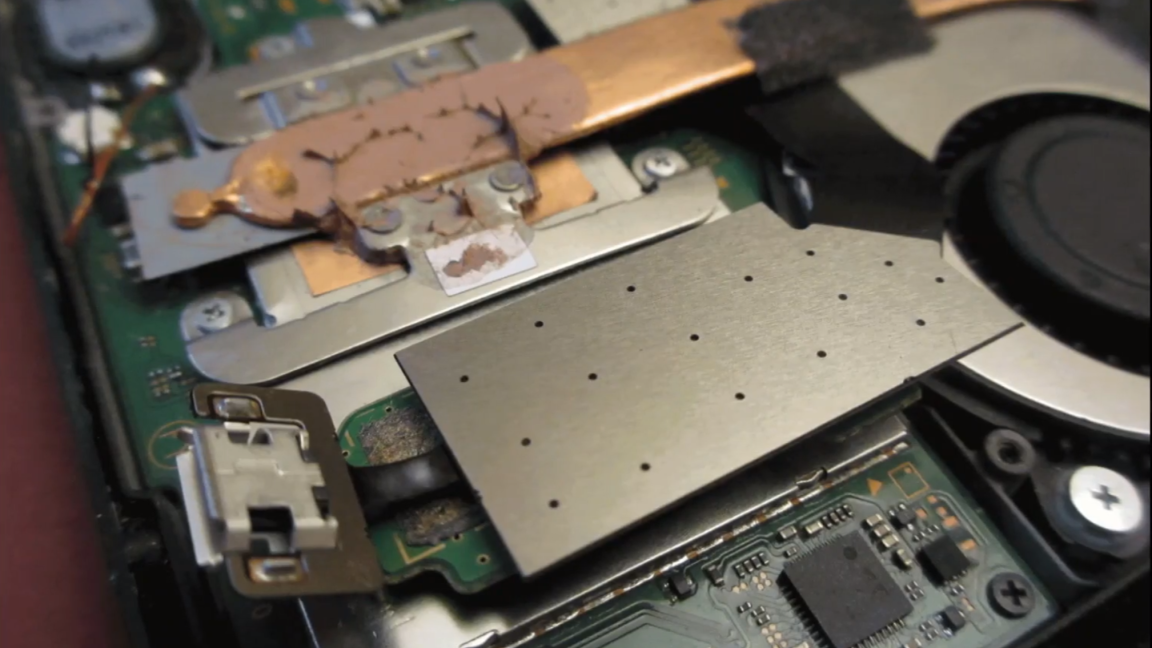









































































































![[The AI Show Episode 145]: OpenAI Releases o3 and o4-mini, AI Is Causing “Quiet Layoffs,” Executive Order on Youth AI Education & GPT-4o’s Controversial Update](https://www.marketingaiinstitute.com/hubfs/ep%20145%20cover.png)











































































































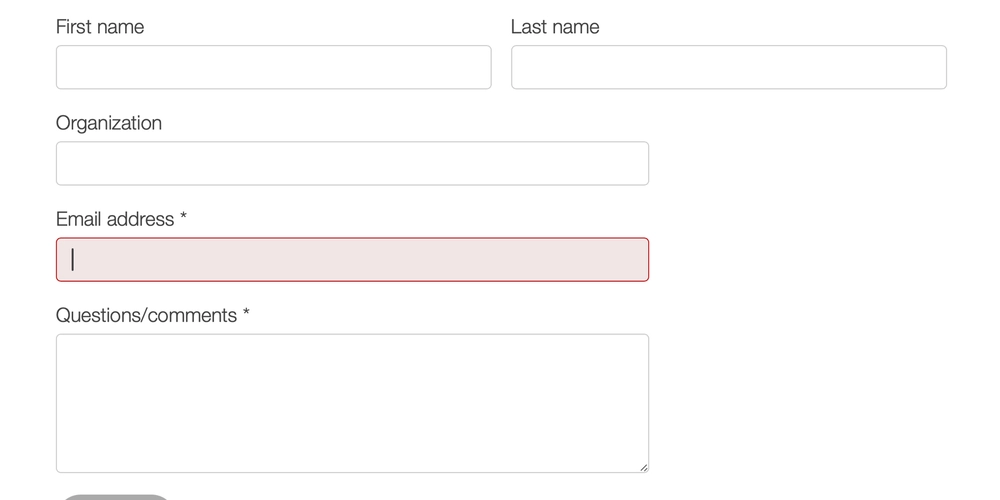


















![Ditching a Microsoft Job to Enter Startup Purgatory with Lonewolf Engineer Sam Crombie [Podcast #171]](https://cdn.hashnode.com/res/hashnode/image/upload/v1746753508177/0cd57f66-fdb0-4972-b285-1443a7db39fc.png?#)



















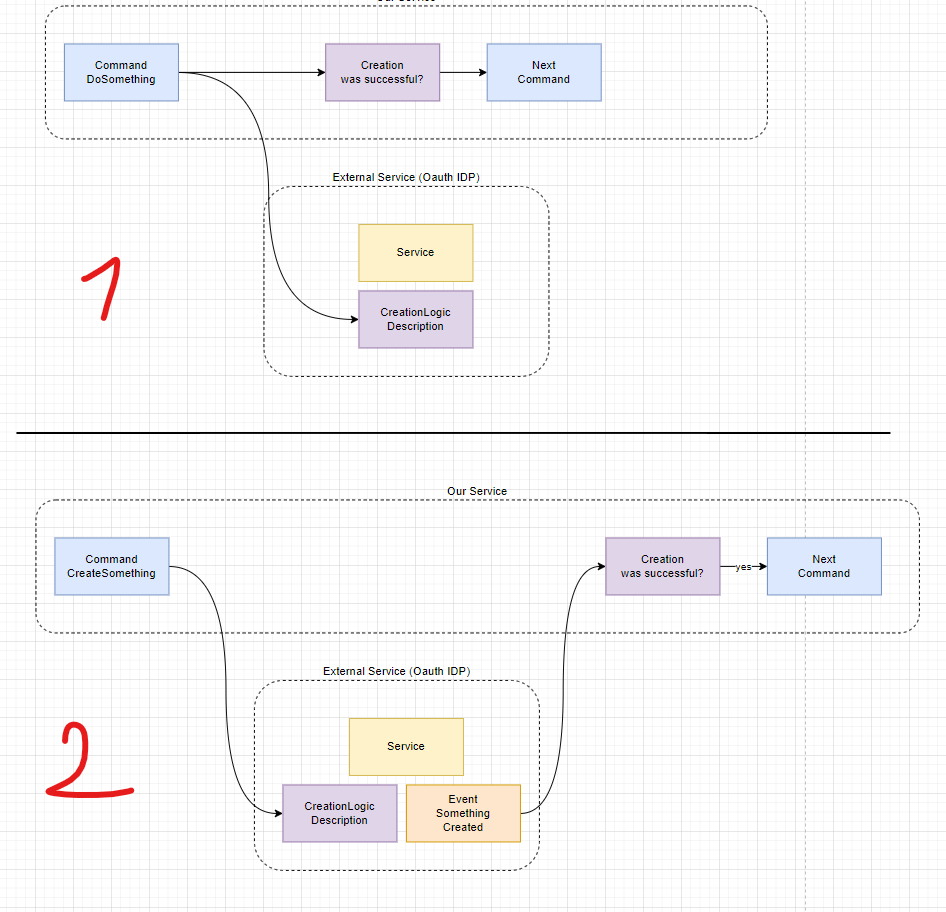















































































































_Piotr_Adamowicz_Alamy.jpg?width=1280&auto=webp&quality=80&disable=upscale#)

_designer491_Alamy.jpg?width=1280&auto=webp&quality=80&disable=upscale#)



















































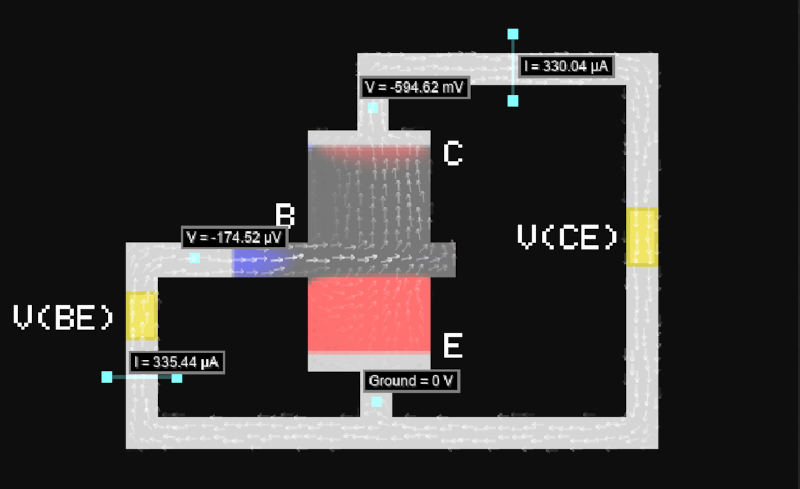

























-xl-xl-xl.jpg)
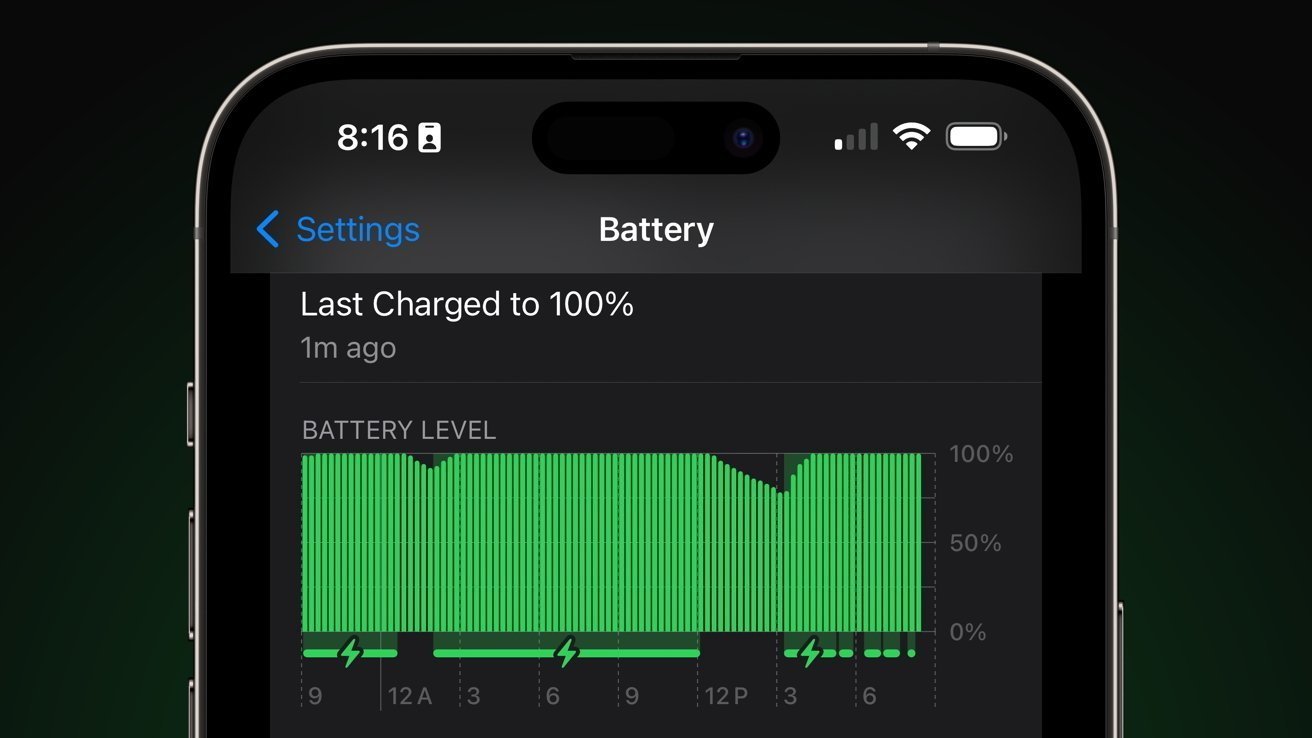


























![Apple Officially Releases macOS Sequoia 15.5 [Download]](https://www.iclarified.com/images/news/97308/97308/97308-640.jpg)



































































































